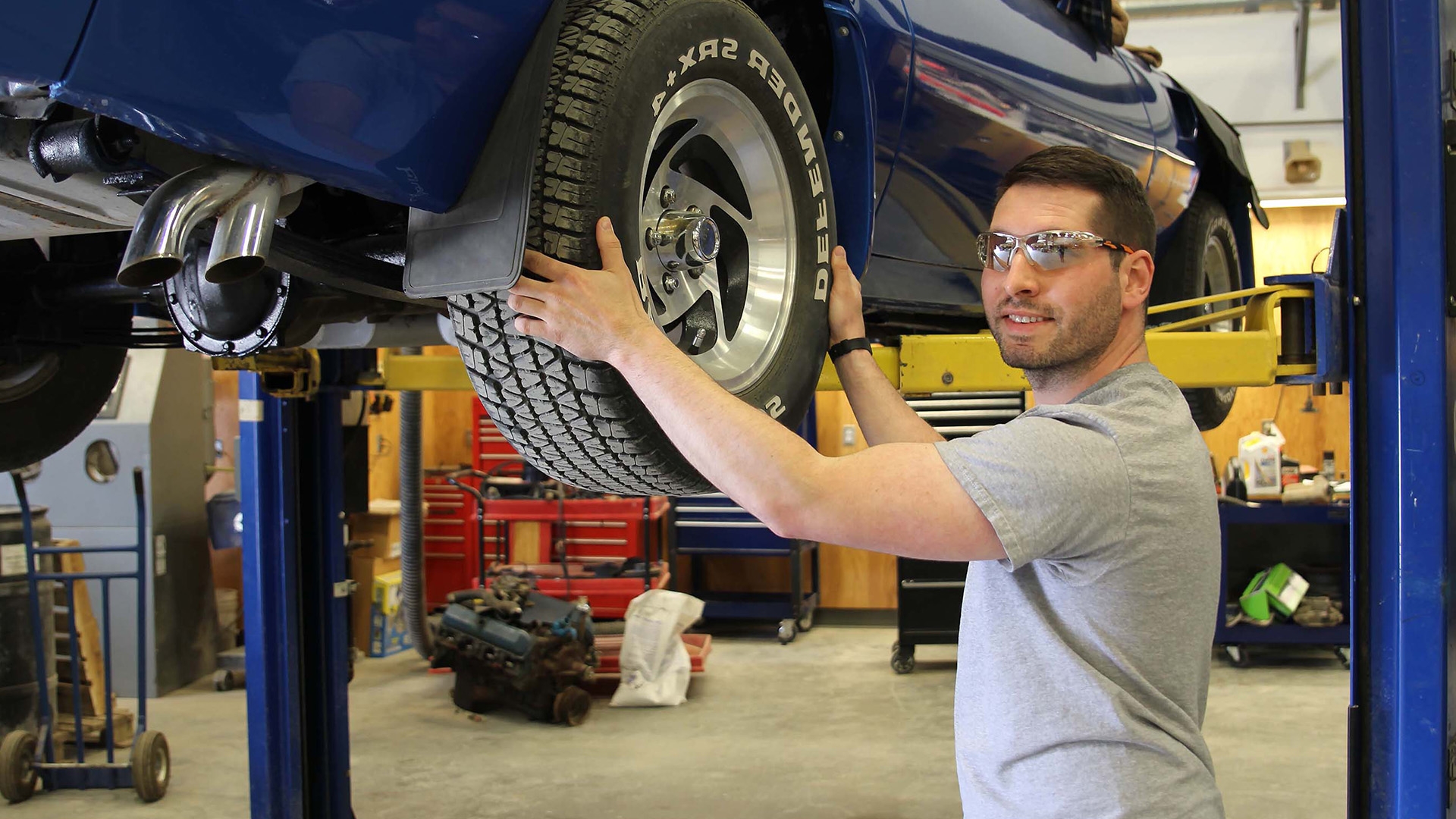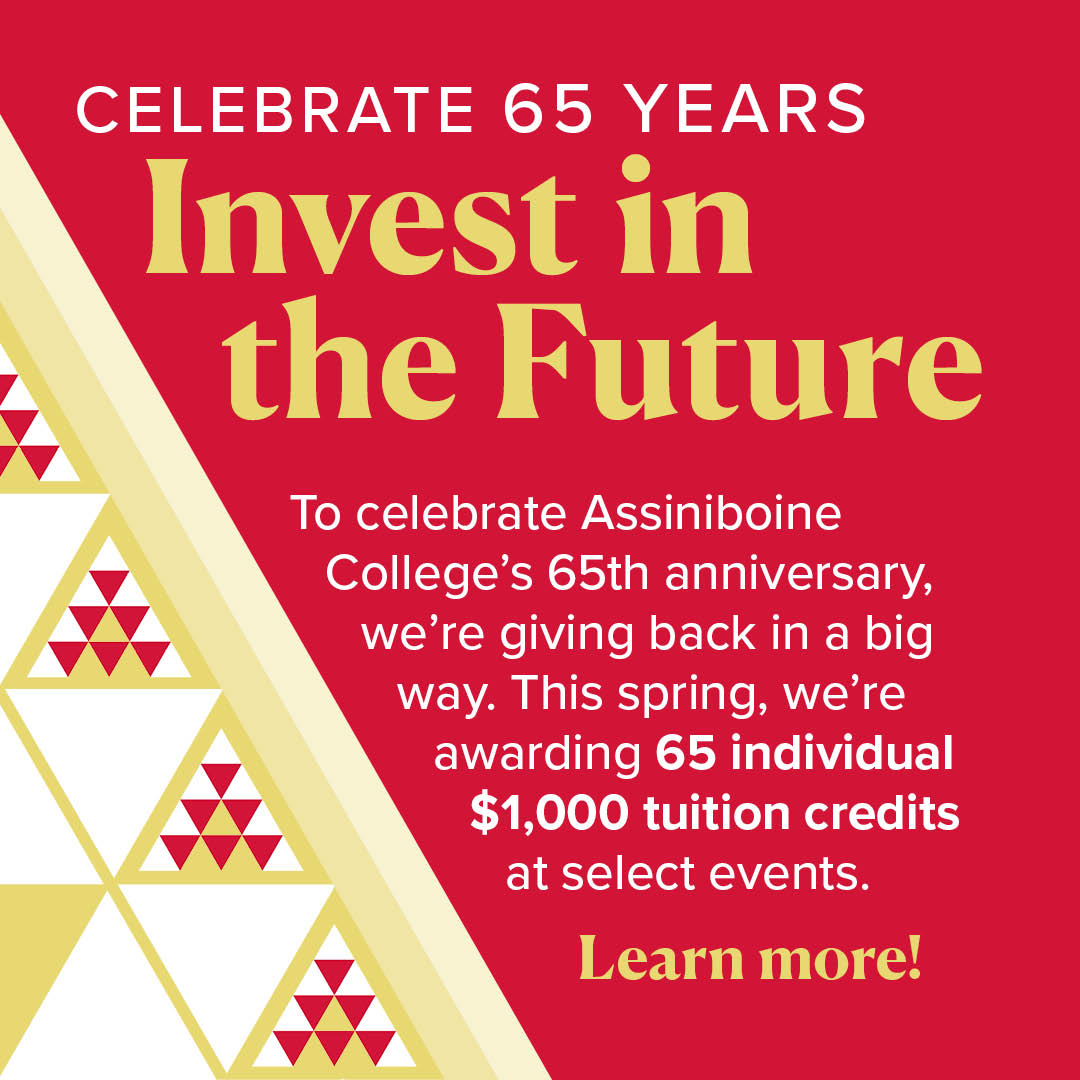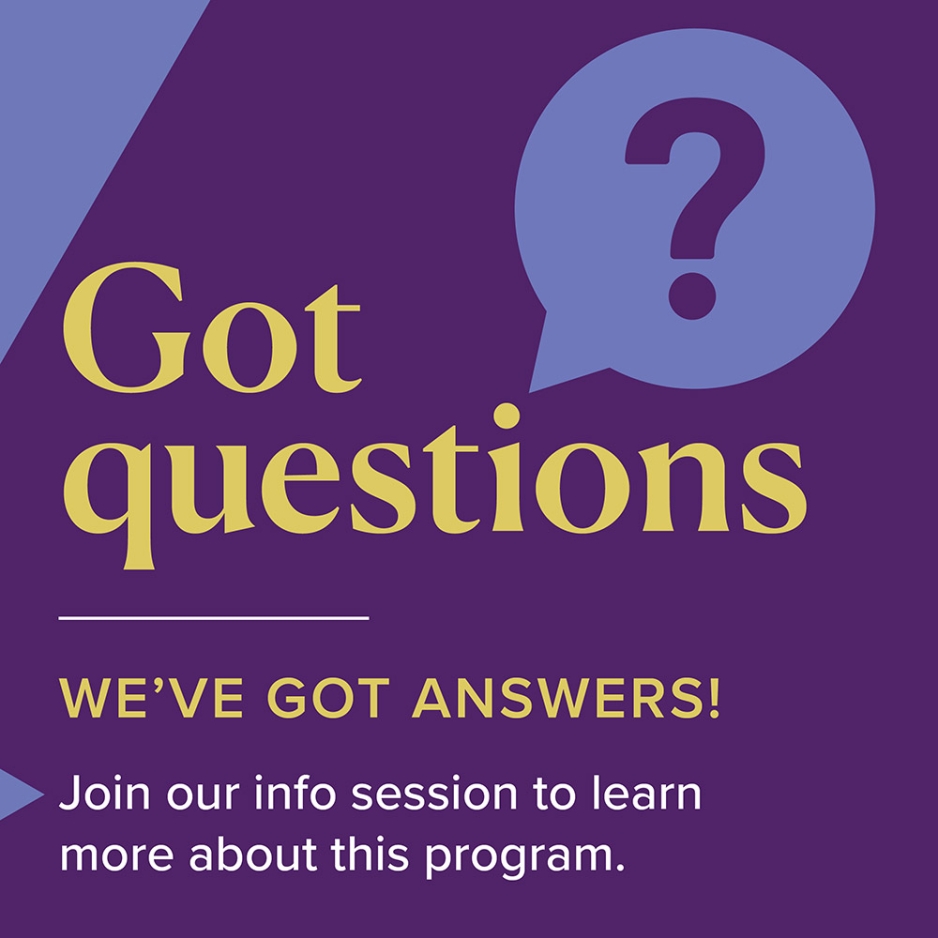Automotive Technician
Overview
Automotive service technicians may be employed by dealerships, independent repair shops, organizations that operate a fleet of vehicles, component rebuilders, parts retailers and autobody repair companies.
The scope of the automotive service technician trade includes many aspects of vehicle service and repair. Technicians may choose to specialize in specific areas of automotive vehicle repair. With additional training, experienced automotive service technicians may advance to shop supervisor, service manager positions or entrepreneurship.
Register as an apprentice within two years of completing the program, and your in-school technical training may count towards your Level 1 Automotive Service Technician.
Program Learning Outcomes
- Complete work in compliance with provincial and/or national codes, applicable laws, standards and ethical practices in industry.
- Comply with health and safety practices and procedures in accordance with current legislation and regulations.
- Diagnose and repair engine and engine support systems.
- Diagnose and repair vehicle electronic communications systems.
- Diagnose and repair driveline systems.
- Diagnose and repair electrical and HVAC systems.
- Diagnose and repair steering and suspension, braking, control systems, tires, hubs and wheel bearings.
- Diagnose and repair restraint systems, body components, accessories and trim.
- Diagnose and repair hybrid and electric vehicles.
- Develop and use strategies for ongoing professional development to remain current with industry changes, enhance work performance and explore career opportunities.
- Communicate and collaborate with clients, supervisors, coworkers and tradespersons to complete projects on time and to maintain effective working relationships.
Examples of what automotive service technicians can do:
- Inspect engine operation, road test motor vehicles, and test automotive systems and components.
- Adjust, repair or replace, rebuild parts and components of automotive systems using hand and power tools.
- Perform scheduled maintenance service, such as oil changes, lubrications and tune ups.
- Inspect and test mechanical units, such as engines, transmissions, axles and brake systems, to locate faults and malfunctions.
Success Factors
You might be a good fit for this program if you have or would enjoy:
- Working with cars and trucks.
- Using thinking skills and visual analysis to diagnose and repair problems.
- Working independently or in a collaborative team environment as the situation requires.
- Continually learning and adapting to technological advancements in the field.
A valid driver’s license and access to a vehicle is strongly recommended given the potential need to travel for practicum placement.
The industry and program environment require individuals to:
- Be reliable, punctual, and regularly attend.
- Move around and work within the environment, negotiating different areas.
- Use hand-eye coordination and manual dexterity to complete specific tasks.
- Work in an environment that includes noise, fumes, odours, hazardous compounds, drafts, vibrations, and confined spaces.
- Complete responsibilities requiring standing and bending.
- Have the strength, dexterity, balance and stamina required to work in or on equipment.
- Research technical information.
- Read various documents including repair manuals, manufacturers’ bulletins and safety documents.
- Complete workplace documents such as written or electronic quotes, work order descriptions, inspection reports and incident reports.
- Work in industry-specific shifts, schedules, and conditions.
- Listen to direction and act on that accordingly.
- Demonstrate safety-conscious attitudes and work practices.
Interested in exploring similar program options?
We've got you covered! Here's another great program option to consider.
Admissions
Admission Requirements
- A complete Manitoba Grade 12 or equivalent
- Consumer/Essential Math 40S or equivalent
If you received your education outside of Manitoba, please review the equivalent admission requirements: Interprovincial or International.
English is the language of instruction at Assiniboine. All applicants educated outside of Canada or in a country not on the test exempt list are expected to meet the English language proficiency requirements.
READY TO TAKE THE NEXT STEP IN YOUR EDUCATION JOURNEY?
Start your online application today and join Assiniboine College!
DON'T MEET ADMISSION REQUIREMENTS?
If you don’t meet admission requirements, visit our Centre for Adult Learning to upgrade courses.
Careers & Connections
Career Opportunities
- Dealerships
- Repair shops
- Sales
- Automotive component parts
Connections
Students who successfully complete the accredited program with an accumulative average of 70% or better in the trade subjects and level for which the program was accredited, gain employment and register as an apprentice within two years of graduating, will receive credit for Level 1 in-school technical training and 900 hours in the Automotive Service Technician Apprenticeship program.
Assiniboine has a number of agreements with other colleges, universities and professional organizations, making it possible to apply credit taken at Assiniboine to programs at other institutions. For information on agreements, see Articulation Agreements.
Tools & Supplies
Our classrooms, labs and shops are equipped with the necessary equipment that you need to make the most of your experience. However, there are some tools and supplies that you will need to purchase for personal use to help you with your studies. Much of what you purchase you’ll be able to use after you graduate and begin your career.
Students are advised not to purchase tools until the second week of school. The School of Trades & Technology holds a Tool Fair during this week where students meet with various suppliers and purchase tools at reduced costs.
Program Checklists, Textbooks, and Supplies
Program Checklists:
Textbooks:
Supplies:
ASSINIBOINE BOOKSTORE
Textbooks, supplies and uniforms may be purchased at the Assiniboine Bookstore at the Victoria Avenue East Campus. Booklists, tool lists and supply lists are available from your school office 30 days prior to the start date of your program.
Technology Requirements
Students in this program are expected to have a computer at home with internet access that meets the technical needs outlined by the program. For more details, see At-Home Computing.
Courses & Costs
Costs
Estimated Program Costs (Domestic students)
| Credits | 67.0 |
| Tuition | $4,150 |
| Course Fees | $1,780 |
| Students' Association fees (including Health Premium) | $655 |
| Estimated textbooks, tools, and supplies | $4,450 |
All fees are estimated and subject to change without notice.
Estimated Program Costs (International students)
| Credits | 67.0 |
| Tuition | $18,020 |
| Course Fees | $1,780 |
| Students' Association fees (including Health Premium) | $655 |
| Required Health Insurance | $825 |
| Estimated textbooks, tools, and supplies | $4,450 |
All fees are estimated and subject to change without notice.
All international students must purchase health insurance. The college adds this fee to your student account and then sends your name and fee to the insurance provider on your behalf.
For more information, visit the Fees and Charges page.
Courses
To graduate with an Automotive Technician certificate, students must successfully complete 67 academic credits. The minimum passing grade for each course is indicated on the course outline. Course offerings are subject to change and may vary by intake.
Courses
| Title | Credits/CEUs | Elective | Distance | PLAR |
|---|---|---|---|---|
College Foundations (PEDV-0356)This course improves students' ability to navigate the college experience and environment, including student's rights, roles, and responsibilities. In this course, students reflect on their skills, attitudes, and expectations and develop learning strategies to help them to become successful, resilient, and self-directed learners. The course covers topics such as success in online learning, time management strategies, learning strategies, assessment taking strategies, academic integrity, information and digital literacy, and wellness, among others. It integrates elements of student orientation. |
0 credit(s) | No | No | No |
Communications (COMM-0045)This course includes instruction in techniques to improve both written and oral communication with prospective employers, co-workers and clients. Effective strategies for customer service are emphasized. It also serves to familiarize students with the regulations related to the workplace. As well, students receive an introduction to the use of computer software and hands-on experience with Windows operating system, Internet and email. |
3 credit(s) | No | No | No |
Electrical Science (ELEC-0001)This course helps students to develop an understanding of basic electrical science. Students learn about various electrical laws including Ohm's law and are able to follow basic circuit diagrams and understand schematics used in the mechanical trade. |
3 credit(s) | No | No | No |
Electrical/Electronic Systems (ELEC-0013)Prerequisites: WRKP-0009 Orientation and Shop Skills, ELEC-0001 Electrical Science |
15 credit(s) | No | No | No |
Gas Engines (MECH-0054)Prerequisites: WRKP-0061 Orientation and Shop Skills, ELEC-0001 Electrical Science |
15 credit(s) | No | No | No |
Math - Automotive (MATH-0109)This course is designed to provide the student with the knowledge and ability to use mathematics with precision, resourcefulness, and confidence. Topics include an overview of the importance of math to the trade, and a review of general mathematical concepts with an emphasis on concepts that are related to the automotive trade. |
1.5 credit(s) | No | No | No |
Orientation & Shop Skills (WRKP-0061)This course prepares students for progression into other program areas by building a solid foundation of shop skills. Students become familiar with college facilities, resources and extracurricular activities. Major course topics include: shop safety procedures, the correct use and maintenance of hand tools, power tools and shop equipment. Demonstrations of precision measuring, fastener identification and tightening procedures are required. Students also learn basic automobile maintenance. Students work practices, proper tool selection and referral to service manuals are emphasized. |
10.5 credit(s) | No | No | No |
Power Trains Automotive (MECH-0056)Prerequisite: WRKP-0061 Orientation and Shop Skills |
15 credit(s) | No | No | No |
Practicum - AUTO (PRAC-0164)Prerequisite: Cumulative weighted grade point average (CWGPA) of 2.0 or greater. |
3 credit(s) | No | No | No |
Welding 1 (WELD-0001)Students learn the basics of oxyacetylene, arc, and mig welding as applied to the mechanical trade. |
3 credit(s) | No | No | No |





